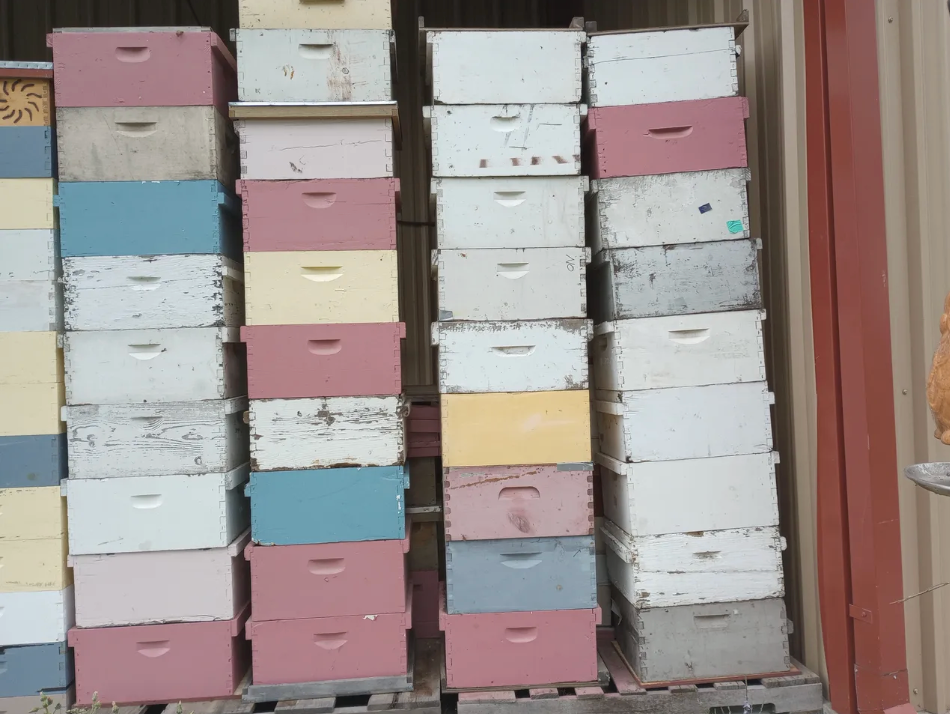
So, you want to be a beekeeper...
Share
October has finally arrived and brought favorable outside temps and the forever fall flavor, pumpkin spice. It also brings an interest in beekeeping by potential new beekeepers for the coming year. I greatly appreciate the person who plans ahead and researches a hobby before getting started. I thought I'd take a moment to discuss the ups and downs of beekeeping in the hopes of creating a realistic view of the hobby for all who might be considering getting started. Before I get to the main points, I'd like to let you know that these are my personal opinions. Any estimates regarding expenses are based on retail purchases through an established bee equipment company in the US. Any purchases of equipment completed through online shopping websites or from a company based in another country is an altogether different conversation and are not being discussed today. With that being said, let's get started.
I love beekeeping and find it to be a very satisfying hobby. Before I started this fantastic endeavor, I did tons of research. I needed to understand and be ok with the fact that beekeeping would take up much of my time. Inspections and working with bees would happen during the months when outside temps can reach 95F or higher, the initial and ongoing expense involved, and the required storage space when equipment is not in use.
Beekeeping is an expensive hobby. Let me say that, again, beekeeping is a costly and expensive hobby. Yes, you can budget and save money by creating your own woodenware and tools, limiting the number of hives and extra equipment, not purchasing extraction equipment, and making your own personal protective gear. However, unless you are a woodworker, craftsman, sewing expert, etc., you will be spending a good amount of money at the startup on necessary supplies and then will have ongoing maintenance expenses throughout the lifetime of the hobby. You can expect an initial cost of approximately $800-1500, depending upon the number of hives at the startup. Ongoing expenses on an annual basis can run roughly $300+, depending upon growth.
Beekeeping will take up a lot of your free time. I am responsible for managing all of my hives, which means I must open them and read the frames, manage hive space, and keep the bees healthy annually. I'm usually inspecting hives weekly, if not daily, to keep up with the number of hives I own. I would anticipate hive inspections for a hobbyist to occur every 14-21 days. In between inspections, I do a lot of research (reading/conventions/meetings) to keep up to date with the latest beekeeping information. Beekeeping is not a static hobby; it ebbs and flows with entomologists and expert beekeepers sharing knowledge and research. It's always best to remain updated with current events and information; doing so takes time. Wear and tear on equipment happens, and necessary repairs fall on the beekeeper, which takes up valuable time and energy. Still, it's an essential duty so that valuable equipment remains in service.
Beekeeping equipment takes up a lot of space, and this is where I was definitely not ready. I grew so fast that I was storing items in closets, our guest room, and our barn's side awning, eventually overtaking a quarter of my husband's business workshop. Everything in beekeeping is big and bulky and requires to be kept clean (think drawn-out wax comb, waxed foundations in frames, or the inside of hive boxes) when not in use. And several small items are needed weekly or monthly and can get lost unless you have a dedicated work area. Advanced planning for this area is highly recommended as it will help to keep your gear in good condition as well as help to keep you organized. Finally, after your first year, you will need to figure out a clean area for your honey extraction process, including a decapping box, extractor, and honey bottling set up, which should be in a different room from where you and your family live.
If you can still feel excited about beekeeping after reading this blog, it may just be the perfect hobby for you.
